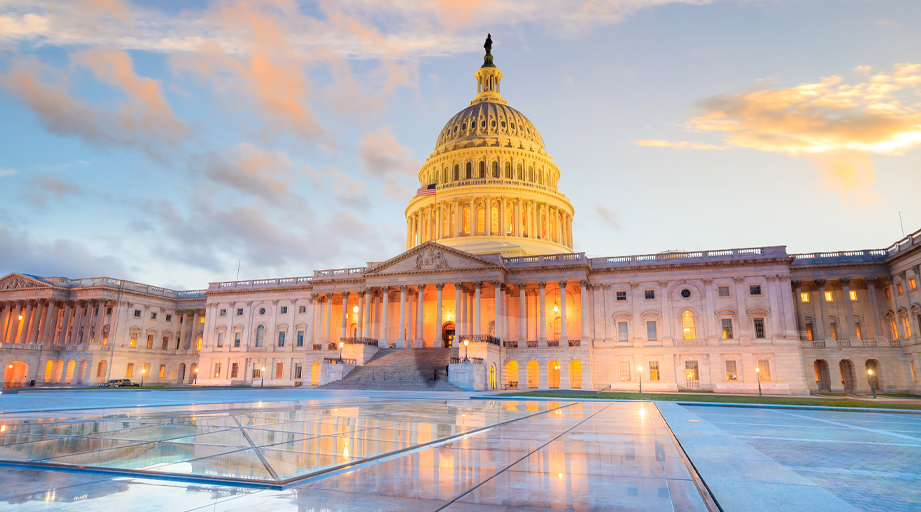
A congressional hearing on April 11 holds the opportunity to advance the Pharmacy and Medically Underserved Areas Enhancement Act, which would accord pharmacists the status of provider of Medicare-payable services in certain circumstances.
On that day, the House Energy and Commerce Committee’s health subcommittee will convene its third “Combating the Opioid Crisis” hearing, according to a March 29 STAT article referenced by the committee’s website. This hearing is expected to focus on insurance coverage of opioids, payment issues, and Medicaid’s regulations on prescription medications.
The opioid crisis, however, also affects Medicare beneficiaries. And the Energy and Commerce Committee has jurisdiction over Medicare legislation in the House, including the Pharmacy and Medically Underserved Areas Enhancement Act.
ASHP and the Patient Access to Pharmacists Care Coalition are telling Congress that pharmacists can help address the issue of opioid abuse and misuse: Pharmacists can manage and optimize the impact of medications, review medications to tailor care plans to patients’ needs, recommend nonopioid pain management alternatives, and educate patients regarding opioids.
Because Medicare does not cover pharmacists’ services, ASHP and the coalition explain, enrollees have limited access to pharmacists who provide opioid management and other essential primary care services.
ASHP on March 28 asked its members to help the provider status bill take a critical next step by urging their U.S. representative to include the Pharmacy and Medically Underserved Areas Enhancement Act, H.R. 592, in the slate of bills to be discussed at the April 11 hearing.
“A favorable hearing could result in H.R. 592 being included in upcoming Medicare legislation focused on solving the opioid crisis,” the message states.
The Patient Access to Pharmacists Care Coalition, in which ASHP is a leading member, has sought an opportunity to attach H.R. 592 to a legislative vehicle since reintroduction of the provider status bill in early 2017, according to Christopher J. Topoleski, ASHP’s Director of Federal Legislative Affairs.
“We’re at this moment because of a determined, behind-the-scenes effort to identify the appropriate vehicle for provider status legislation,” he said. “Our hope was that the bill’s broad bipartisan support would give us this opening. We definitely need ASHP members — who helped garner that support — to urge their member of Congress to request that the bill be included in the hearing.”
Since being introduced in January 2017 with 107 cosponsors, H.R. 592 has garnered a total of 259 cosponsors — about 60 percent of the House’s membership.
This hearing, which will occur soon after the House concludes its spring recess, is the last planned by the Energy and Commerce Committee and its health subcommittee to discuss legislation to combat the opioid crisis. Committee Chairman Greg Walden (R-Ore.) stated during the first hearing that he wants to get the full House of Representatives to vote on opioid-related legislation by Memorial Day.
ASHP has been informed that the Congressional Budget Office has been asked to estimate the cost of H.R. 592 to the federal government. This action, according to Topoleski, is a positive sign, in that this request was made before a congressional committee has formally discussed the legislation.








